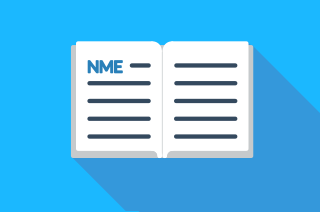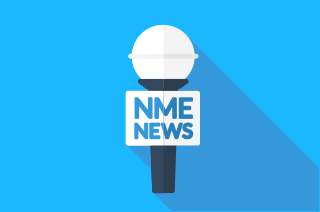By Iacob Gammeltoft
As discussions on a Digital Services Act intensify, the eCommerce Directive celebrates today its 20th birthday! Where to now?

The internet is not just about economic opportunity and wider market reach. It’s also about people, norms and values. So as the internet evolves to become dominated by big tech, we become increasingly reliant on their ability to keep the internet safe and clean.
It is clear that big tech has turned a blind eye to unreliable content for too long and that unaccountability has prevailed where self-regulation has failed. Should we really have “digital untouchables” under the EU safe harbour regime?
Given the wider bearing that some tech giants have on society, in their capacity as a contemporary form of social infrastructure, increased liability standards through clear secondary liability may be needed to promote responsible behaviour.
The well-established principle that intermediaries with no knowledge of illegalities should benefit from a safe harbour is a sensible one. The real question now is about the specific conditions under which it is reasonable to presume that there is no such knowledge.
There is a pronounced need for further reflection about what constitutes a sensible standard of duty of care for intermediaries, and about the consequences that failing to meet such standards should have on the ability of intermediaries to benefit from safe harbours.
It is clear that more regulation is needed and yet since freedom of expression is so central to the debate, it may be more sensible to opt a softer co-regulatory approach which has the benefit of enabling a more inclusive approach. Still, a word of caution.
The debate on “co-regulation” should be approached with a healthy dose of semantic skepticism as the digital untouchables probably have a different operating definition.










